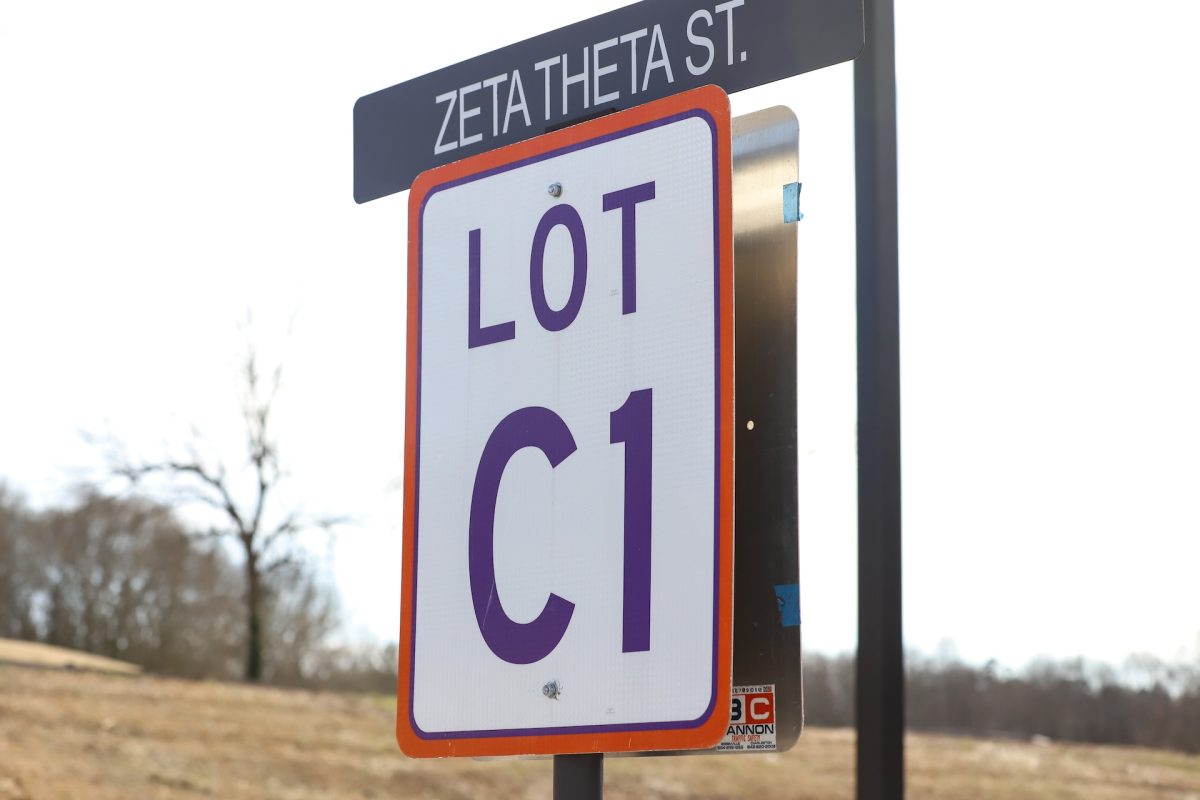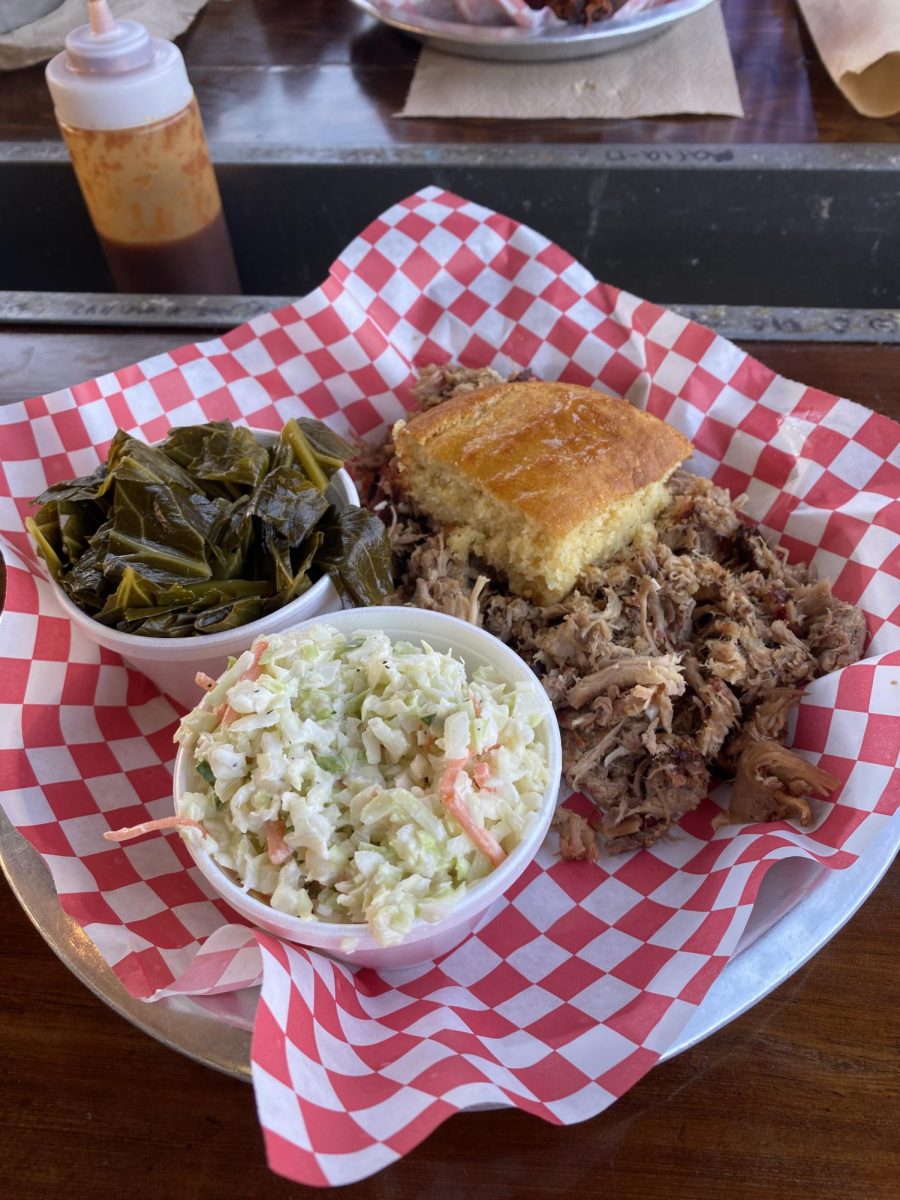Yes. It’s that time of the year again. Spoiler Alert. This isn’t a ‘how to’ guide. It’s a reflection on what can be done to make the whole issue of finances for Clemson students less stressful.
The only reason we students go into survival mode over financial aid in the first place is because of the huge fees we have to pay. Why are the fees so enormous? In 2019/2020, tuition fees alone for South Carolina students will be some $15,000 and for out-of-state students, some $37,000.
Here’s the thing. In 1967, the tuition fee for a resident Clemson student was $160, and for non-residents, was $410. Using a straightforward inflation calculator, Clemson should be charging a resident student in 2019/2020 only $1,229.98. Let’s assume this is referencing a resident student, hailing from South Carolina itself (to make comparison more relevant). What on earth accounts for the other $13,800? Have student needs grown that much, or is our university simply determined to make an unconscionable profit at our expense?
The first point to make is that we students can have no idea what the reasoning is because we students have no representative on the Clemson Board of Trustees. If we want to be a part of the process that decides the level of our annual fees, all of us, every last student, next February, needs to vote for candidates in the student government elections who are demanding a student representative on the Clemson Board of Trustees.
We should also be demanding a thorough review of every last item making up every last dollar of these exorbitant fees. We deserve no less. Are there lab fees for labs that don’t exist? Are we getting value for money with our health service fees? Why do we need to pay such high parking fees? No-one’s building any more parking lots. So where is that money going?
At the base of this article is a link to a Clemson University document giving a description of all student fees. What it doesn’t do is say why the fees are necessary, and whether they relate to services that actually exist or that we students want. This is why there is a need for a thorough review.
Of course, we don’t need to wait for next February. The Clemson Undergraduate Student Senate is interviewing applicants to fill six vacant Senate seats this week. Let’s hope those doing the interviewing ask all applicants their views on these very subjects.
The next thing to consider is whether we should be paying college fees at all. Do we take the view that we students are an investment in our nation’s future, and that the nation should be picking up the tab of that investment? Or, do we take the view that we are the ones primarily benefiting from the investment, and that it is we who should be paying, not those taxpayers who have no children attending college themselves? With the 2020 elections just around the corner, and the primaries even closer, these are clearly considerations of the moment.
Bear in mind, since traditionalists are so fond of waving Thomas Green Clemson’s last Will and Testament, as if it was a latter-day tablet of stone, demanding that we never stray from its strict terms, lest fire and damnation descend. Bear in mind that Item 3 of that same Will states: “said school or college … shall be free of costs to the pupils.” What happened to the strict interpretation of that clause?
Moving right along, is there something that can be done for those of us with more to fear than most when it comes to financial aid, namely those who suffer from disability or anxiety, who need to reduce their semester-credit limit from 12 credits to 9, but can’t, because they are told their financial aid will be reduced by 25%? The answer is this: help is coming.
The Provost’s Office has now been made aware that they have been missing an unfortunate loophole. The Office thought that students registered with Student Accessibility Services for either disability or anxiety could be full-time students on 9 semester credits and still receive full financial aid. This is not the case. 9-credit students currently have their financial aid reduced by 25%. Steps are now being advocated to rectify this oversight.
Similar moves may now also lead to a review of the SAS accommodation for academic studies which, at the moment, rather strangely allows SAS-approved students extended time on academic assignments, only if those assignments are not part of the course syllabus. Huh? Isn’t this backward? Apparently, yes. Seemingly, another policy glitch which has only just been brought to the attention of Clemson.
Of course, none of this will help make the FAFSA application process for 2020/2021 any easier or more generous, but at least it demonstrates that, if students look up long enough to take notice of what is going on around them, they may well discover silver linings for tomorrow’s FAFSA applicants.
Clemson University description of student fees: https://www.clemson.edu/finance/student-financials/documents/explanationoffees.pdf









